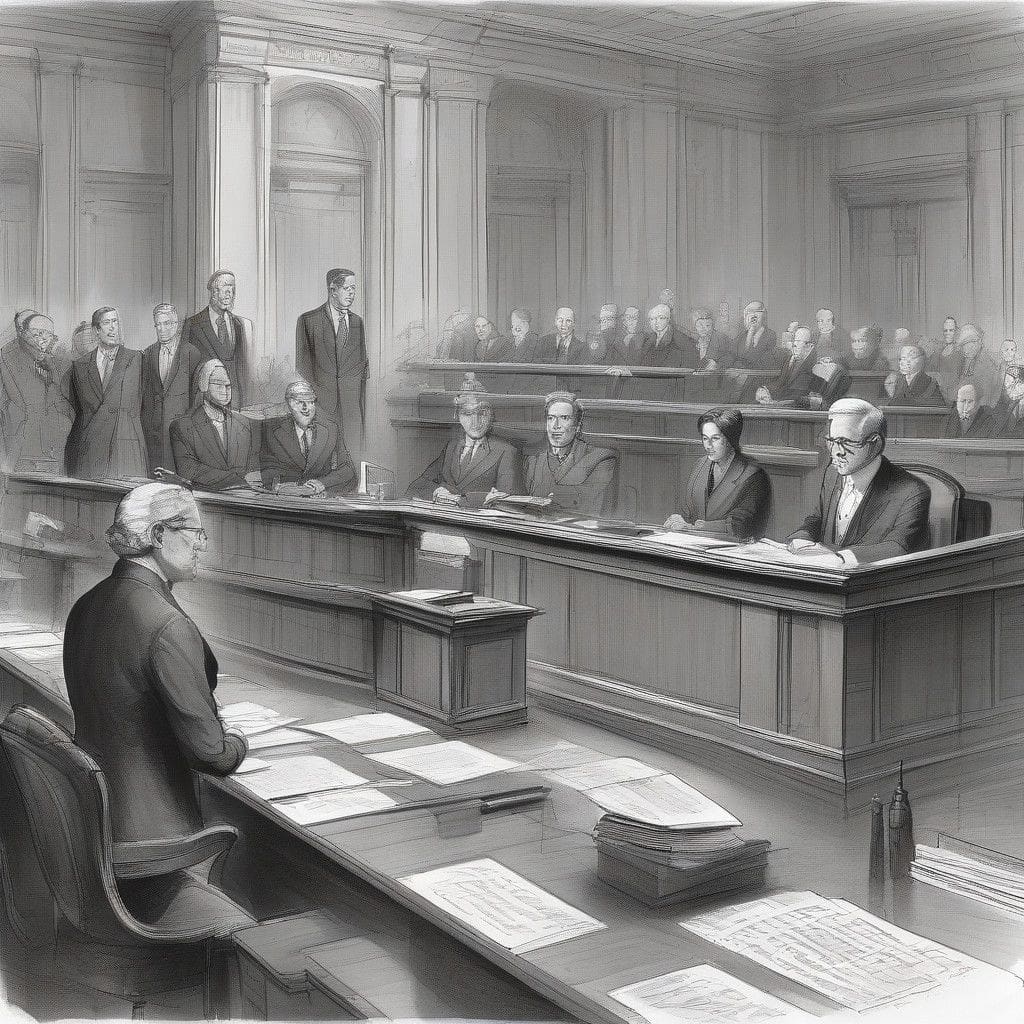The UK consumer advocacy group, Which?, has initiated legal proceedings against Apple, contending that the technology giant has violated competition laws by coercively directing users toward its iCloud service. This lawsuit raises significant questions about market practices and consumer rights, particularly in the realm of digital services.
At the heart of the allegation is the claim that Apple has pressured its customers to utilize its iCloud service for data storage. According to Which?, this tactic not only limits user choice but also complicates the process of switching to alternative storage providers. By steering users towards iCloud, Apple reportedly entrenches its position in the market, making it more difficult for users to migrate their data elsewhere. This creates a landscape where consumers feel compelled to stick with iCloud to avoid the potential hassle of changing services.
The impact of this alleged practice could be financially substantial for consumers. Which? asserts that users who exceed the complimentary 5GB storage limit offered by Apple incur additional charges. They estimate that, on average, these fees could amount to £13.36 ($16.98) per user annually. With an estimated 40 million Apple users in the UK potentially affected by these practices, the cumulative financial burden on consumers may reach billions.
In response to these allegations, Apple firmly denies any wrongdoing, asserting that users are not required to use iCloud and often choose third-party storage options. Apple emphasizes that it operates in a competitive market, where consumers have the freedom to select from various storage solutions. This claim is meant to illustrate that any consumer dissatisfaction stems not from anti-competitive behavior but rather from individual service preferences.
However, if Which?’s case is successful, it could lead to significant compensation for potentially affected users. The group aims not only to secure refunds for consumers who have been overcharged but also to discourage Apple from engaging in practices deemed anti-competitive in the future. Anabel Hoult, CEO of Which?, stated that the litigation intends to “prevent future anti-competitive behavior and promote a fairer market.”
The proposed claim will be filed with the Competition Appeal Tribunal, indicating a formal approach to addressing these grievances in the courts. This step highlights a growing trend in consumer advocacy, where organizations are willing to confront large corporations to protect consumer rights and ensure fair competition.
The implications of this lawsuit extend beyond just Apple and its users. If successful, this case could set a precedent for how tech companies interact with their users concerning service choices and pricing structures. Moreover, it highlights the need for regulatory scrutiny over digital giants, who often dominate their respective markets through methods that may not align with a competitive ethos.
As the lawsuit unfolds, it will be crucial to observe the responses from both Apple and the broader tech community. Issues of data portability and consumer choice will likely come to the forefront, potentially driving regulatory changes that affect how companies manage user data and promote their services.
The outcome of this legal action will not only impact Apple and its customers but could also reshape the landscape of consumer rights in the digital age. Legal experts indicate that if the tribunal finds Apple’s practices to be anti-competitive, it might inspire further lawsuits and regulatory actions against other tech giants that engage in similar practices.
In conclusion, the case brought by Which? against Apple serves as a significant reminder of the importance of consumer advocacy in the face of corporate power. As consumers increasingly rely on digital services, ensuring fair access and competition becomes more vital than ever. Only time will tell how this legal confrontation will unfold and what lasting effects it may hold for both Apple and the broader tech industry.












